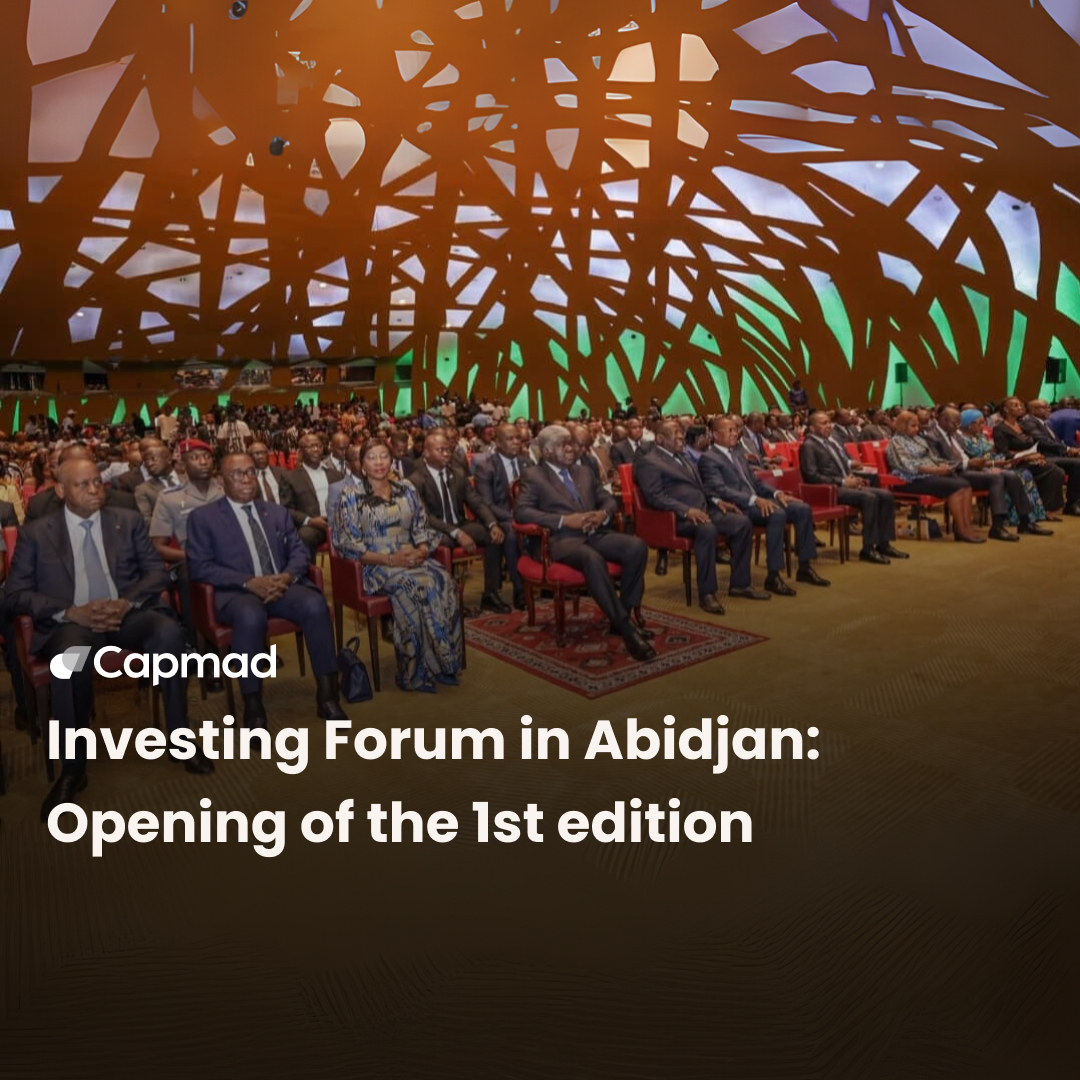The Moroccan Agricultural Development Agency (ADA) is offering over 5,200 hectares of state-owned agricultural land for lease to private investors. This measure aims to address the agricultural recession caused by a prolonged drought lasting over six years and to strengthen the sector.
Land Leases for Agricultural Development
The land lease initiative launched by the ADA is part of the Green Generation Strategy (2020-2030). This decade-long plan aims to modernize agriculture and create jobs in rural areas. The initiative specifically targets revitalizing a sector severely impacted by the ongoing drought. The allocated land is distributed across nine regions :
- Casablanca-Settat
- Marrakech-Safi
- Draâ-Tafilalet
- Rabat-Salé-Kénitra
- Tanger-Tétouan-Al Hoceïma
- l’Oriental
- Fès-Meknès
- Souss-Massa
- Béni Mellal-Khénifra
This strategic distribution allows for the adaptation of crops to the climatic and geological specifics of each region. Leases can extend up to 40 years for projects related to tree planting or agro-industry. Livestock projects benefit from 25-year contracts, while annual crops receive 17-year leases.
Goals : Strengthen agriculture and create jobs
The ADA’s initiative has two main objectives. The first is to enhance agricultural production to meet Morocco’s growing food needs. The second is to create sustainable jobs in a declining sector. This project comes at a critical time, as the country faces major climate challenges such as water scarcity, recurrent droughts, and soil degradation.
According to the 2023 report from Bank Al-Maghrib (BAM), agriculture, a pillar of the Moroccan economy, must adapt to thrive amid these challenges. Modernizing the sector is essential for addressing these issues. By opening access to fertile land for private investors, the government hopes to boost agricultural production and promote more resilient and sustainable practices.
This public land leasing strategy also aims to attract both national and international investments. These investments are expected to stimulate the modernization of agricultural infrastructure, introduce advanced technologies, and improve productivity. However, there are concerns about Morocco’s ability to balance this agricultural expansion with sustainable water resource management, which is already under pressure.
Major issues : Significant reduction in employment
Massive job losses in agriculture are a major issue in Morocco. Besides low production, drought has severely impacted employment in the primary sector. According to the 2023 annual report from Bank Al-Maghrib, the share of the agricultural industry in employment has dropped from 37.8 % in 2008 to less than 28 % in 2023. Between 2018 and 2023, approximately 136,000 jobs have disappeared, bringing the cumulative losses to nearly 965,000 positions over the entire period.
The central bank attributes this trend to global warming, which has caused a series of droughts and increasing water stress. Concurrently, rural-to-urban migration exacerbates the problem. This phenomenon is driven by the search for better economic opportunities and the growing difficulties faced in agriculture.
The World Bank forecasts that this migration could affect nearly 1.9 million Moroccans by 2050, representing 5.4 % of the total population. Additionally, the modernization of agricultural practices, including introducing machinery such as tractors and harvesters, while improving efficiency and productivity, also contributes to reducing the labor required in the sector.






